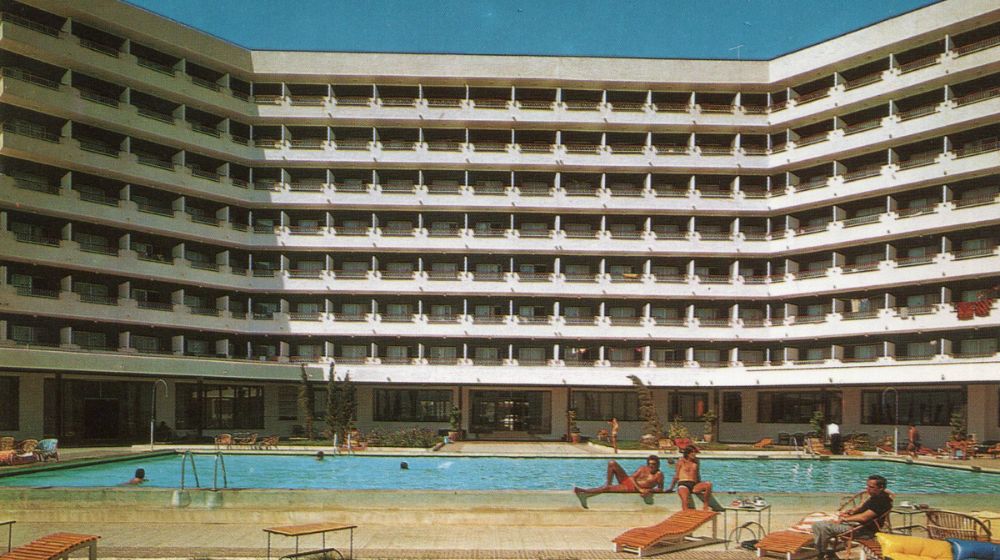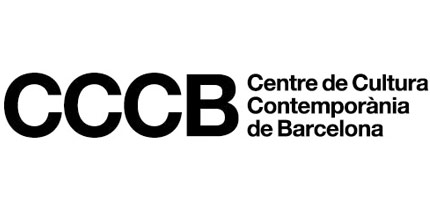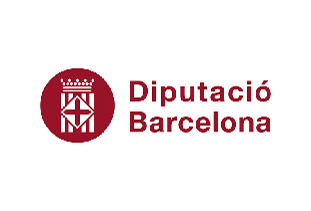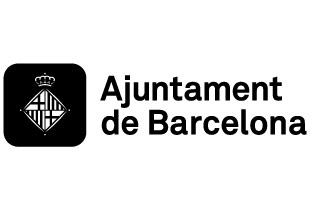City and Tourism
The Cultures of Tourism
From origins to global phenomenon
Debate
Free with pre-booking
This international seminar goes back to the origins of tourism to understand how we have come to constitute a tourist society and what imaginaries we have created around this distinctly contemporary experience.
Tourism is a far-reaching phenomenon in continuous transformation that permeates many aspects of public life in populations and landscapes around the world, to the point of becoming totally ubiquitous in various aspects of social life, for example in the economy, culture, housing, and politics. Yet tourism has not always existed. It is the result of a particular culture in which leisure and free time acquire social value, and certain natural and urban settings become places for consumption and contemplation. This is a culture in which cities, regions, and states must legitimise discourses of identity, and in which the service economy and means of transport incentivise the displacement of new strata of the population for pleasure-seeking reasons. Modern tourism is invented in the wake of these conditions.
Experts and researchers from various disciplines, including sociology, anthropology, history of art architecture, and geography, will come together in this seminar to establish a genealogy of tourism and to discuss the question of how we have turned into a tourist society. They will look back to consider the continuities and changes in the phenomenon, and also to identify and explore the ingredients that make up tourist culture in the twenty-first century.
The seminar accompanies Marco d’Eramo’s lecture: The Age of Tourism.
May 20, 11 am–1 pm - The Touristified Gaze: From Cultural Tourism to Commodification of Culture
How does what is local, singular, and symbolic for a community come to be a resource to be consumed by globetrotter tourists? The seminar begins with a panel discussion about how culture becomes a market product or, in other words, an inquiry into cultural commodification by the tourist industry, and how, despite this, the search for authenticity among tourists persists.
In this seminar, Hazel Andrews (Liverpool John Moores University), an anthropologist who produced the first study on British tourists travelling on package holidays to Mallorca, will discuss these questions with Noel B. Salazar (KU Leuven), an anthropologist who has researched, with case studies of Yogyakarta and Arusha, how global imaginaries of tourist destinations are constructed, and Fabiola Mancinelli (University of de Barcelona), an anthropologist who has worked on the relationship of identity with tourism and travel, especially with regard to the figure of expats in Southeast Asia. The discussion will be moderated by Konstantina Zerva (University of Girona de Girona), whose research area is consumer behaviour in contexts of social conflict, and interaction between the tourist market and local communities.
May 21, 10–11:30 am - Genesis of the Culture of Tourism: From Grand Tour to Low Cost
Travelling was originally related with privilege and social status but, once it became a more widely accessible pleasure after the Second World War, it also turned into a frequently disparaged mass activity. If, in the early experiences, a sense of prestige, ostentation, and personal freedom predominated, what values are associated with tourism today? This panel explores the origins of tourism and also speaks of the present. It discusses the early tourist imaginaries and subjects, the notions of pleasure, and the fictions associated with core elements of cultures like gastronomy, the quest for authenticity, and difference, which are intrinsic to travelling.
Participating in the discussion are Alicia Fuentes Vega (Complutense University of Madrid), art historian and author of Bienvenido, Mr. Turismo. Cultura visual del boom en España (Welcome Mr. Tourism: Visual Culture of the Boom in Spain, Cátedra, 2017) about the iconic corpus of the Spanish tourist boom, with an emphasis on gender, and Marco d’Eramo, physicist, sociologist, and journalist, and author of The World in a Selfie: An Inquiry into the Tourist Age (in Spanish, El selfie del mundo. Una investigación sobre la era del turismo, Anagrama, 2020), a historical study of tourism as a complex phenomenon, and an anthropological, sociological, and philosophical analysis of how it portrays us as a society. The discussion will be moderated by Cristina Arribas Sánchez (Polytechnic University of Catalonia), who has used tourist postcards to research the urban boom during the Spanish "desarrollismo" to democracy.
May 21, 11:45 am–1:15 pm - Anatomy of Tourism: Impacts of Tourist Culture
Beyond the values and experiences of tourist subjects, looking inside tourist cultures entails, among other aspects, thinking about mobility and borders, landscape and resources, praise and protest, imaginaries and strategies, agents and governance. Contemporary tourism goes beyond limits that were unimaginable just a few decades ago. Housing, work, and urban life are exposed as never before to the voracity of the phenomenon. Dissecting tourist cultures makes it possible to think about how tourism modifies and alters our societies.
Participating in this panel are Pau Obrador (Northumbria University), a sociologist who has written about the domesticity, habitability, and corporeality of tourism, raising questions about its presence in everyday life, and Raquel Huete (University of Alicante), a sociologist who has researched the complex balance between negative social perceptions of tourism and relations of economic dependence in modern societies. The discussion will be moderated by Francesc Muñoz (Autonomous University of Barcelona), an urban geographer expert in the transformations of contemporary society and author of Urbanalización: paisajes comunes, lugares globales (Gustavo Gili, 2008).
Curators: Saida Palou Rubio, Francesc Muñoz
Moderators: Konstantina Zerva, Cristina Arribas, Francesc Muñoz
Participants: Hazel Andrews, Fabiola Mancinelli, Noel B. Salazar, Alicia Fuentes Vega, Marco d’Eramo, Pau Obrador, Raquel Huete
This activity is part of City and Tourism
Related contents
Anatomy of Tourism: Impacts of Tourist Culture
Pau Obrador, Raquel Huete and Francesc Muñoz
Beyond the values and experiences of tourist subjects, looking inside tourist cultures entails thinking about mobility and borders, landscape and resources, praise and protest, imaginaries and strategies, agents and governance. Contemporary tourism goes beyond limits that were unimaginable ...
Genesis of the Culture of Tourism: From Grand Tour to Low Cost
Alicia Fuentes Vega, Marco d'Eramo and Cristina Arribas Sánchez
Travelling was originally related with privilege and social status but it also into a frequently disparaged mass activity. If, in the early experiences, a sense of prestige, ostentation, and personal freedom predominated, what values are associated with tourism today? This panel explores the ...





